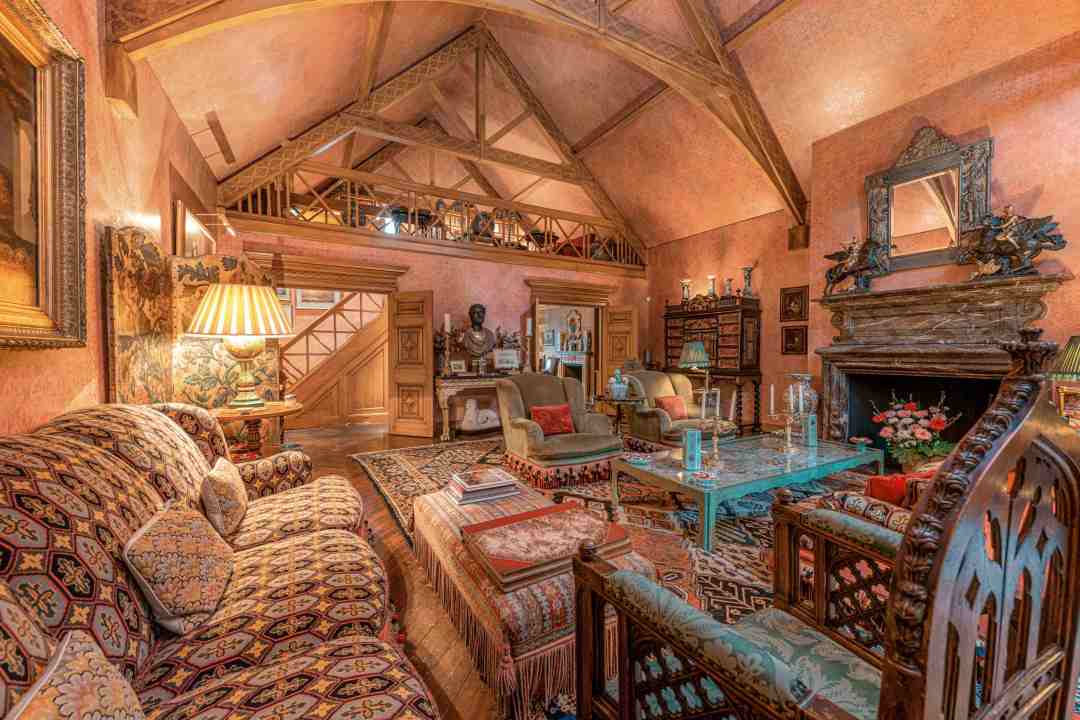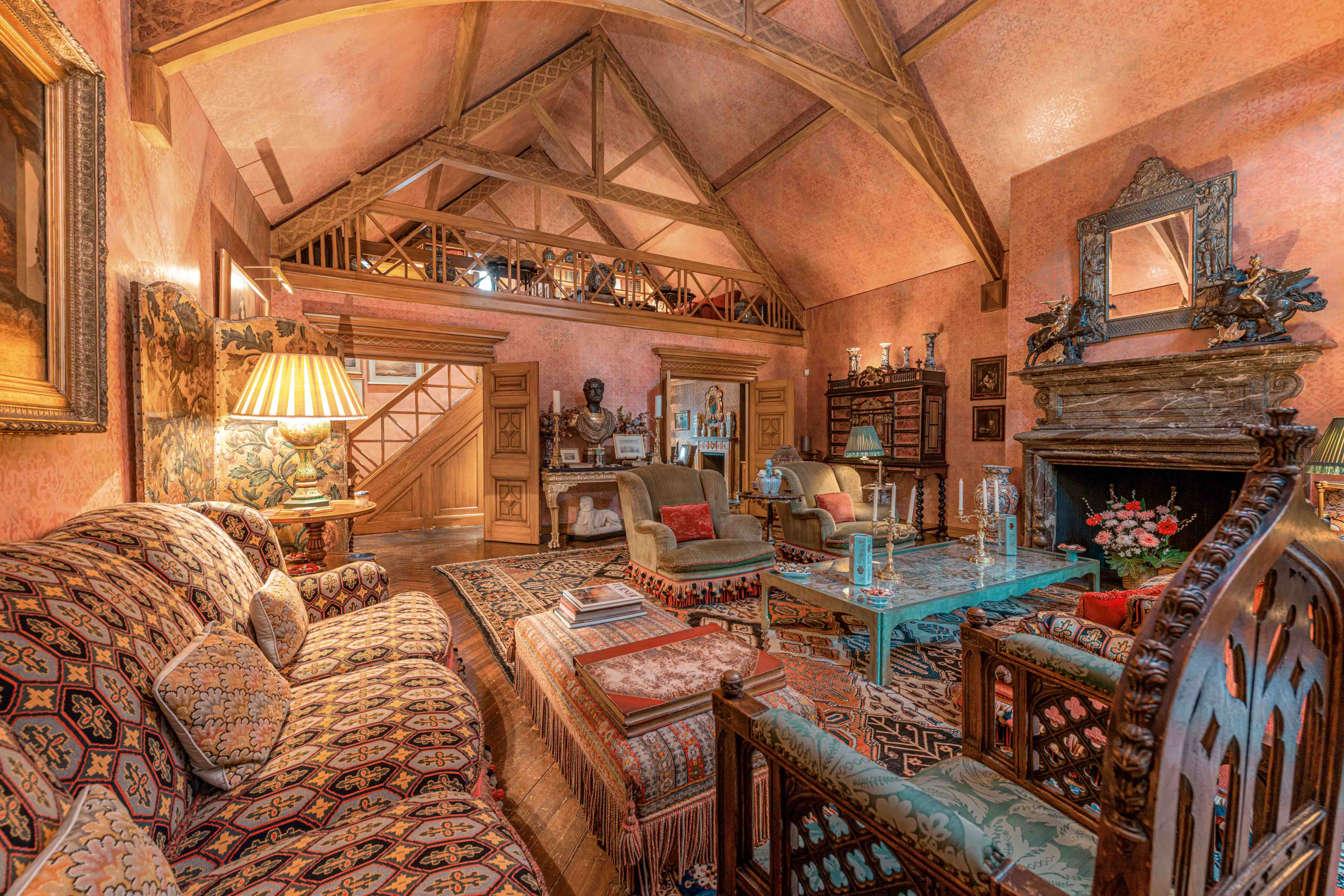Joseph Mallord William Turner continues to occupy a singular place in British cultural consciousness. The English Romantic artist, watercolourist and printmaker – often referred to as ‘the painter of light’ – elevated landscape painting to high art and, when he died in 1851, left a legacy of 550 oil paintings, 2,000 watercolours and 30,000 works on paper.
When one of these surfaces at auction, it sells for tens of millions of pounds. However, most of his works – with the power of nature, the sea and the industrial revolution as central themes – were bequeathed to the nation. A collection of 300 oil paintings in the Clore Gallery, at Tate Britain, are some of the museum’s most visited; ‘The Fighting Temeraire’ – an 1838 depiction of the last journey of the celebrated gunship, being taken down the Thames before being broken up – has been voted Britain’s favourite painting.
Although the Covent Garden-born artist travelled widely across Britain to research his subjects, he remained at heart a Londoner – he was played with a guttural Cockney accent by Timothy Spall in the Mike Leigh-directed 2014 biopic Mr Turner.

Get Britain's best politics newsletters
Register to get The Spectator's insight and opinion straight to your inbox. You can then read two free articles each week.
Already a subscriber? Log in







Comments
Join the debate for just £1 a month
Be part of the conversation with other Spectator readers by getting your first three months for £3.
UNLOCK ACCESS Just £1 a monthAlready a subscriber? Log in